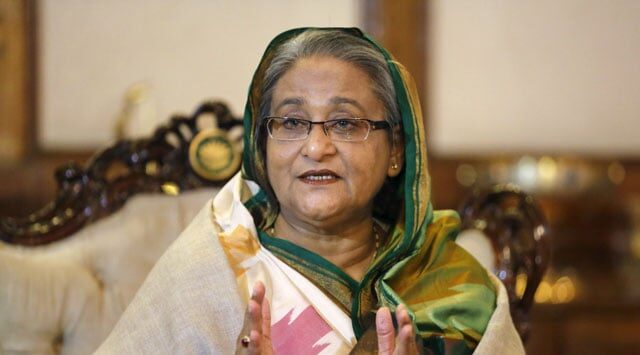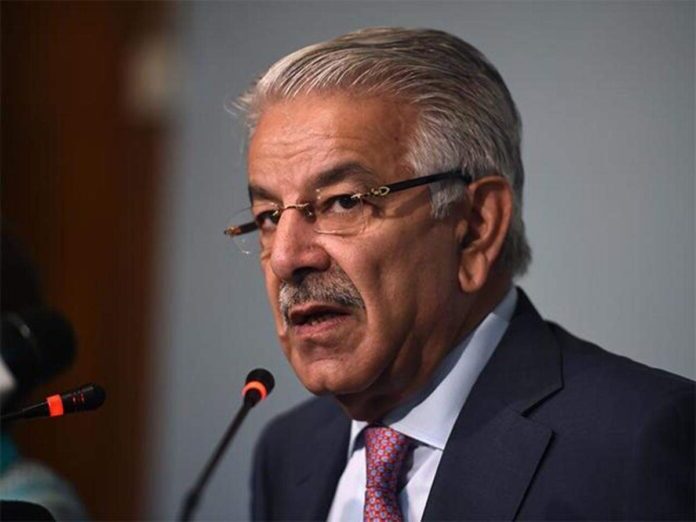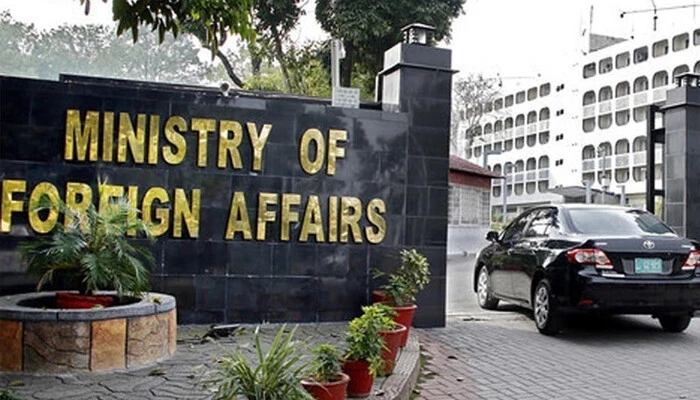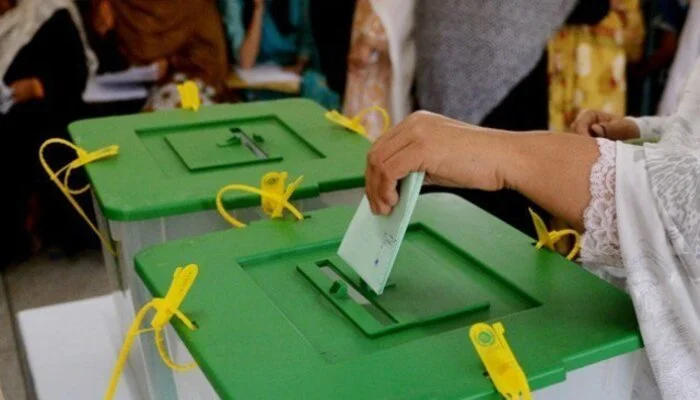
Following the resignation amidst prolonged student protests, Bangladesh’s former Prime Minister Sheikh Hasina has found herself in a complex and challenging situation. After stepping down from her position, Hasina departed for India, seeking refuge and potentially political asylum in another country. However, her efforts to secure a safe haven have encountered significant obstacles.
Modi extended temporary accommodation to Sheikh Hasina, allowing her to stay in the country while she seeks asylum elsewhere. Indian media reports indicate that upon her arrival in India, Hasina was expected to proceed to London to apply for asylum in the United Kingdom or consider Finland as an alternative destination. However, her path to asylum has been fraught with difficulties.
Visa Cancellation and Asylum Denials
The situation has become increasingly complicated as Hasina faces a series of setbacks in her bid for asylum. The United States has cancelled her visa, leaving her without a clear path to refuge in one of the world’s most prominent democracies. Although the US State Department has not provided a detailed explanation for the visa cancellation, a spokesperson reaffirmed the US government’s support for the people of Bangladesh, indicating that the decision was not a reflection of a change in diplomatic stance but rather a procedural matter.
In the United Kingdom, the newly elected British Prime Minister, Keir Starmer, has declined to grant asylum to Sheikh Hasina upon her arrival. This decision comes as part of the UK’s new policy on asylum seekers, which requires applicants to temporarily reside in another country where their conduct and reasons for seeking asylum are assessed before being considered for political asylum in the UK. This policy shift has significantly impacted Hasina’s asylum application, as the UK has refused to provide her with asylum under the current regulations.
Indian Government’s Role and Future Prospects
Despite these challenges, the Modi administration has shown its commitment to maintaining diplomatic relations with Hasina’s former government by allowing her to remain in India. Indian authorities have provided her with temporary refuge, ensuring she is not left in a vulnerable position while she navigates the asylum process.
Reports suggest that while in India, Hasina’s focus has shifted towards securing a visa for the UK or considering alternative options, such as Finland, where she might seek asylum if the British route remains blocked. The situation remains fluid, with ongoing negotiations and potential diplomatic interventions expected to play a role in her quest for safety.
Related: Army Establishes Interim Govt, Sheikh Hasina Flees Bangladesh
Political Implications and Reactions
Sheikh Hasina’s departure from Bangladesh and the subsequent challenges she faces have significant political implications both within Bangladesh and internationally. Her resignation followed a period of intense student protests, which have reflected broader discontent with her administration. The political turmoil has had ripple effects, influencing her ability to secure asylum and her international standing.
The Indian government’s decision to permit former PM’s stay highlights the complex dynamics of international diplomacy and asylum politics. India’s gesture of goodwill underscores its role in regional stability and its diplomatic ties with Bangladesh. However, the broader implications of her visa cancellations and asylum rejections are still unfolding, with potential impacts on international relations and the political landscape in South Asia.
Sheikh Hasina’s struggle to secure political asylum amidst a backdrop of domestic unrest and international diplomatic hurdles illustrates the intricate nature of global asylum politics. As she remains in India, her efforts to find refuge in the UK or other countries will likely continue to be a topic of international interest and scrutiny. The outcome of her asylum quest will not only affect her personal future but also have broader implications for diplomatic relations and regional stability.
Related: Army Chief of Bangladesh to Meet Students After Hasina’s Resign














